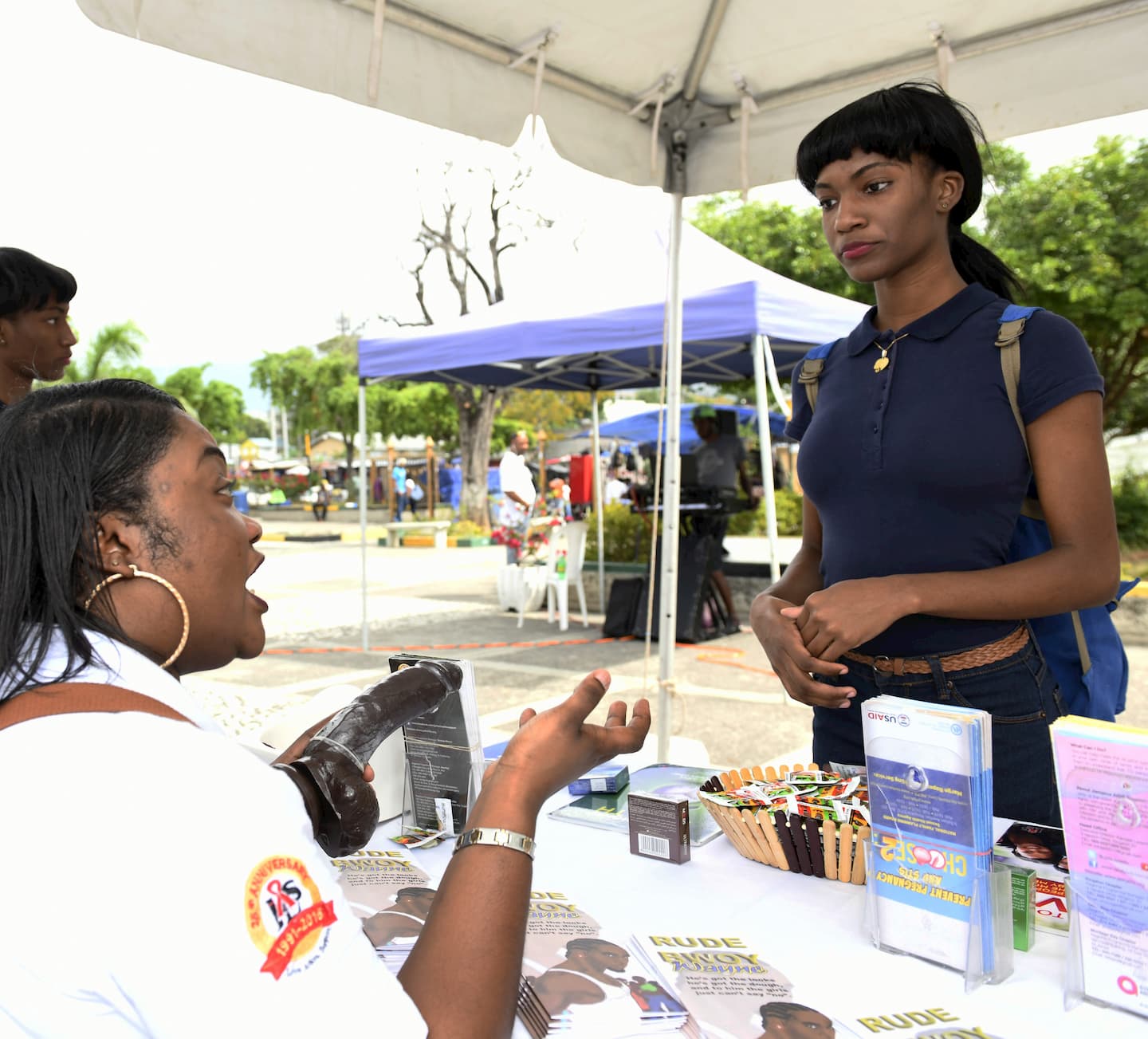Section 8 of the Law Reform (Age of Majority) Act provides that a person who has attained the age of 16 has the power to consent to any surgical, medical or dental treatment without parental consent.
Over the years, this provision has been interpreted by some medical practitioners and healthcare professionals as being a means of supporting adolescent access to contraceptive advice, commodities, and treatment. While this position has enabled service providers to take progressive steps in realising the sexual and reproductive health and rights (SRHR) of our children, the challenge concerns the extent to which those who are under the age of 16 are able to access these same services.
Despite the robust advocacy efforts that have persistently sought to fill this clear gap in policy and, by extension, law, there nevertheless remains a climate of apprehension or rather an absence of urgency that has sustained a status quo that has limited our ability as a nation to meet the SRH needs of some of our most vulnerable.
The data are abundantly clear. As is revealed by the 2017 Knowledge, Attitude, Perceptions and Behaviour (KAPB) Survey, 41.5 per cent of young men and 12.4 per cent of young women aged 15-24 reported having sexual intercourse before the age of 15. Among this age cohort, only 32.9 per cent were able to correctly identify ways of preventing transmission of HIV while rejecting major misconceptions. Furthermore, young people aged 15-24 account for one-third of all new HIV infections in the Caribbean.
This reality should have ideally prompted a more proactive and progressive response. However, implicit in the existing status quo is the fact that the particular challenges underlining adolescent access to SRH services have remained relatively unaddressed.
As has been observed, there are a handful of reasons that illustrate this existing contention concerning adolescent access, and I will now take the time to highlight a few.
First, conservativism within the profession would support a notion that children are incapable of exercising autonomy and free will. This perspective, arguably, maintains a method of paternalism that prioritises the rights of a parent over those of a child. At face value, while some would argue that paternalism is an ideal, there are those, like me, who believe that children should not be the object of paternalistic protection but rather individuals capable of being active rights-holders who are able to participate in decisions concerning their well-being.
Second, irrespective of the provisions in policy and law, there are many practitioners who are apprehensive in treating minors without parental consent for fear of legal repercussions, especially where the subject of such treatment is someone under the age of 16. While I understand the hesitation of many, the fact nevertheless remains that such professionals are under a legal duty to act in the best interests of the child, a primary consideration that concerns actions related to all children.
Despite these concerns, there is nevertheless an opportunity here, and it is time that we stop pussyfooting around the issue. It is clear that there is a need to provide sexually active adolescents with SRH services and care, and excluding those under 16 who present as meeting this threshold would aggravate an existing problem that, if left unchecked, could have serious implications.
Thankfully, however, the common law has given us enough room to wiggle, and as has been recognised, there are methodologies that have been employed to enable adolescents, particularly those under 16, to access health services. By using a competency-based test, now commonly known as the Gillick test, the courts have affirmed that a child who has demonstrated that he or she is of sufficient maturity and intelligence to understand the nature and implications of a medical examination or treatment should be able to consent. This method is particularly important, as it has been invoked in instances where parental consent has not been forthcoming or where adolescents under 16, given the nature of their concern, have sought SRH services on their own.
Having anticipated that such a position might stir some sort of contention, I have taken the liberty of highlighting the human-rights landscape within which such an issue exists and would be reasonably challenged.
The Convention on the Rights of the Child recognises that children have a right to the highest attainable standard of healthcare and a right to participate. Under this convention, the State has a duty to respect, protect and fulfil these rights. In all actions concerning children, their best interests should be a primary consideration, and any direction and guidance provided to them should be consistent with their evolving capacities.
These considerations, collectively, have the potential to mitigate this issue of access and should reasonably provide a basis from which professionals can competently and confidently act in meeting the needs of adolescents who are deemed significantly at risk.
With this said, it is time to prioritise a number of things that have been long overdue. As a country, it is inexcusable that we have yet to finalise and institute a comprehensive SRH policy. Within this policy, provisions should be made that support adolescent access to SRH information, commodities, and services. Clear guidelines should be identified for medical practitioners and healthcare professionals and greater priority given to establishing a suitable competency-based test grounded in the principles emanating from Gillick.
Christopher Harper is an attorney-at-law and a human-rights and social-justice advocate. Email feedback to feedback@gleanerjm.com.







